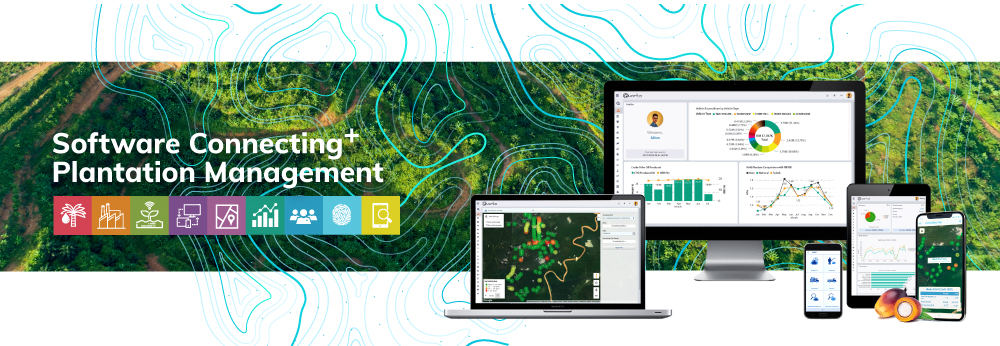The power of financial process automation for plantations
The adoption of automation in the agriculture industry is on the rise, largely revolving around automated production which help reduce some workload in the labour-intensive sector. This trend is apparent even closer to home, with agricultural mechanisation currently an ongoing trend in Malaysia.
However, it is also essential for plantations to move from manual financial process towards digitisation to ensure efficiency and boost productivity.
Advantages of financial process automation
Without a system, estate managers would manually take worker attendance and mark down work completed. The figures are then passed to the estate clerks. Without a single point of data entry, the clerks are required to manually enter data, a repetitive process that is vulnerable to errors.
With Quarto, field supervisor will report harvesters daily fruit collection via the mobile app, and then sync the data to the central system. Clerks will have direct access to the figures provided by field supervisors. This provides a seamless flow of data between field managers and estate clerks while automating financial processes such as bulk payments of salary and statutory payments. The ability to automate bulk payments is a significant matter. This is because there can be a few hundred employees at an estate comprising largely of field workers to be paid simultaneously and accurately.
Quarto increases the efficiency and productivity of plantation operations including crop harvests, evacuation, and labour. Thanks to its centralised collaboration platform, the software optimises teamwork as users can work together daily, reducing the rush and potential delays of month-end closing. In addition, the shared data empowers users with timely information and operating costs. Management has near to real-time visibility into hundreds of reports including the profit and loss, balance sheet, and cash flow. Generating financial statements is as simple as a click of a button.
Operational data is made readily available as soon as field supervisors report and sync the data to the system.
This reduces the time-consuming effort of crunching numbers and grants accurate financial reports. Data safety is also ensured to reduce frauds. Information such as who keyed in or altered the data as well as the exact date and time it was made is accessible.
Efficient and simplified financial processes with Quarto
Quarto is the ultimate tool that automates accounting processes hand-in-hand with operations, from wages to journals and financial statements.
In plantations, payroll is applied for staff with fixed monthly income with roles such as managers, supervisors, engineers, and clerks. Worker checkroll is utilised for harvesters and general workers. They perform tasks and day-to-day work in the palm oil estate and mills. They are paid either daily under the daily rate system or a monthly salary under the piece rate system. Quarto incorporates the best palm oil plantation industry practices including the calculations of wages, piece-rate work, and daily rate work.
Furthermore, Quarto’s powerful analytics dashboard offer visibility to key financial metrics. This enhances budgetary planning, cost monitoring and cost control.
The way forward
For plantations that are still using standalone software for accounting, payroll, HR, and inventory, Quarto streamlines all of these functions into an integrated system with other plantation management tools like maps and analytics.
You can increase the profitability of your plantation with Quarto, from accounting, wage payment, and powerful analytics with easy-to-read key financial metrics for easier planning and budgeting. Gain an accurate insight into your plantation operations for faster and smarter business decisions.
Contact us to know how you can benefit from the latest technologies with Quarto’s all-in-one cloud solution.

RM12.50 / month
- Unlimited access to award-winning journalism
- Comment and share your opinions on all our articles
- Gift interesting stories to your friends
- Tax deductable
